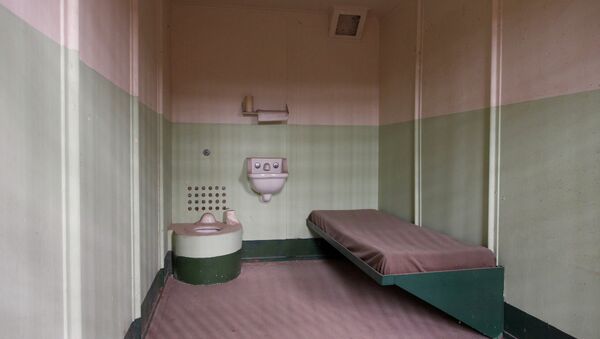According to a class action federal lawsuit by the New York City-based Center for Constitutional Rights, the state was keeping nearly 3,000 inmates in indefinite segregation.
As part of the settlement, the state has agreed to only segregate inmates who commit new crimes during their imprisonment.
"It will move California more into the mainstream of what other states are doing while still allowing us the ability to deal with people who are presenting problems within our system, but do so in a way where we rely less on the use of segregation," Corrections and Rehabilitation Secretary Jeffrey Beard told the Associated Press.
The new agreement will limit how long inmates can be kept in isolation, and many hope this will be a step in the right direction towards ending the practice of solitary confinement.
"I think there is a deepening movement away from solitary confinement in the country and I think this settlement will be a spur to that movement," Jules Lobel, the inmates' lead attorney and president of the Center for Constitutional Rights, told AP.
Over the past few years, tens of thousands of inmates have participated in hunger strikes to protest isolation and conditions involved in solitary confinement.
“While the people in prison have made mistakes, and sometimes big mistakes, they are still Americans,” he said. “We should not tolerate conditions in prison that have no place in any civilized country.”
Recent changes had already reduced California’s number of inmates in segregation from 4,153 in January, to 2,858 in September.




